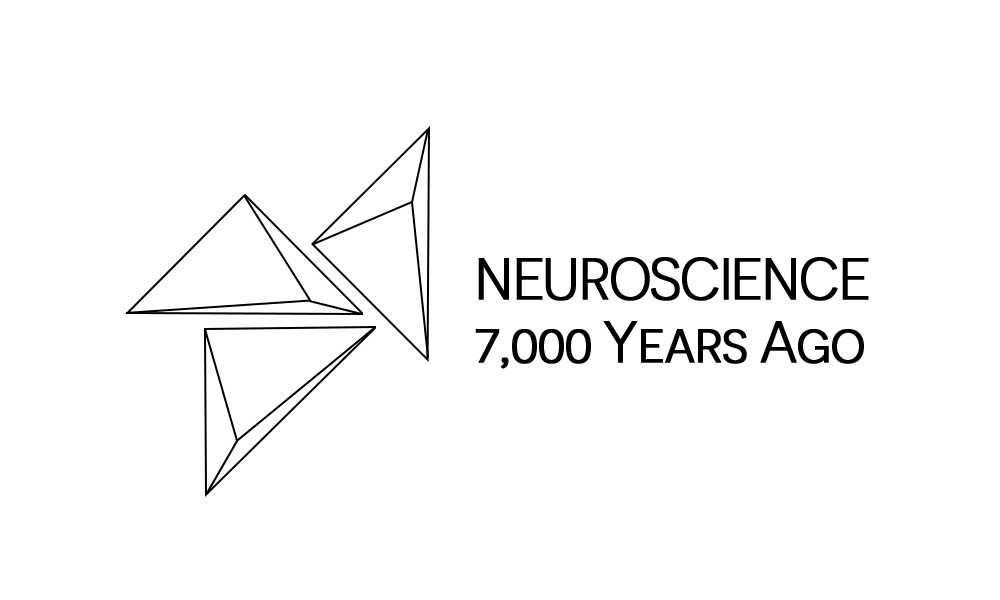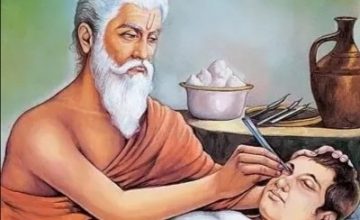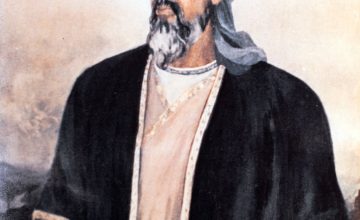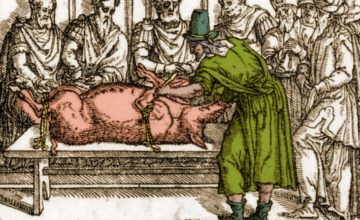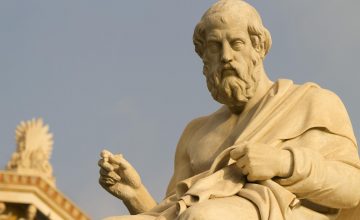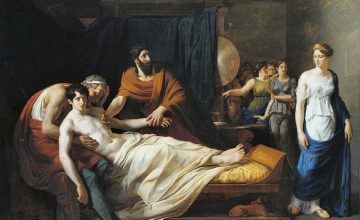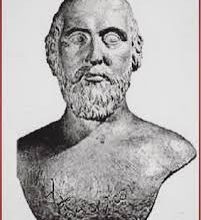Ancient Physician
Ibn-Sina (Avicenna)
Avicenna (Ibn-Sina; 980-1037) is considered as a father of modern medicine (Figure 1). It was he who first recognized ‘physiological psychology’ for the treatment of illness involving emotions. He was a pioneer in
Esagil-kin-apli
Esagil-kin-apli was a Babylonian physician who served the king during the first Babylonian dynasty early in the 2nd millennium BC (around 1069-1046 BC). Among his accomplishments were his additions to the (Diagnostic Handbook),
Plato The Greatest Philosophers of Antiquity
Plato (424–347 BC) was an Athenian philosopher during the Classical period in Ancient Greece, founder of the Platonist school of thought, and the Academy, the first institution of higher learning in the Western
Hippocrates
Hippocrates of Kos (c. 460 – c. 370 BC), also known as Hippocrates II, was a Greek physician of the Age of Pericles (Classical Greece), who is considered one of the most outstanding figures in
Herophilus Dissecting Human Cadavers
Herophilus (335–280 BC), was a Greek physician deemed to be among the earliest anatomists. Born in Chalcedon, he spent the majority of his life in Alexandria, Egypt. He was the first scientist to
Erasistratus
Erasistratus was a physician of the Alexandrian era (c.305 BC – c.240 BC), who, together with Herophilus founded the School of Anatomy of Alexandria. A pioneer in observing and describing the human anatomy
Asclepius God of Medicine
Asclepius or Hepius is a hero and god of medicine in ancient Greek religion and mythology. He is the son of Apollo and Coronis, or Arsinoe, or of Apollo alone. Asclepius represents the
Alcmaeon of Croton
Alcmaeon of Croton lived in the city of Crotone in Magna Graecia (now southern Italy) around the beginning of the 5th Century BC. He was a philosopher-physician. His works cover topics ranging from
